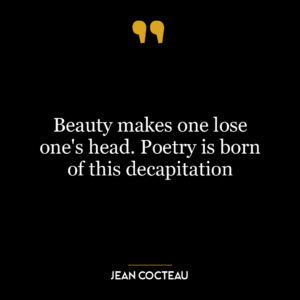This profound quote suggests that a woman’s beauty can be a source of sorrow for many men. It can be interpreted in several ways. One interpretation is that men may feel sorrow due to unrequited love or the pain of not being able to attain the affection of the beautiful woman. Another perspective is that beauty can lead to jealousy and competition among men, causing sorrow and discord.
Furthermore, the quote implies that beauty, often perceived as a blessing, can also be a burden. A woman’s beauty can attract unwanted attention and lead to objectification, where her worth is measured solely by her physical appearance, rather than her intellect, character, or talents. This in itself can be a source of sorrow, not just for men, but for the woman herself.
In today’s world, this quote can be applied in various ways. It underscores the importance of not letting physical beauty dictate our relationships or self-worth. In the context of personal development, it serves as a reminder to look beyond superficial attributes and to value deeper qualities such as kindness, integrity, and intelligence. It also highlights the potential negative impacts of beauty standards and societal pressure, encouraging us to challenge these norms.
In a society that often places a premium on physical attractiveness, this quote can inspire introspection and a shift in perspective. It can motivate us to cultivate inner beauty and personal growth, rather than focusing solely on outward appearances. It also reminds us of the importance of treating others with respect and dignity, regardless of their physical appearance.





